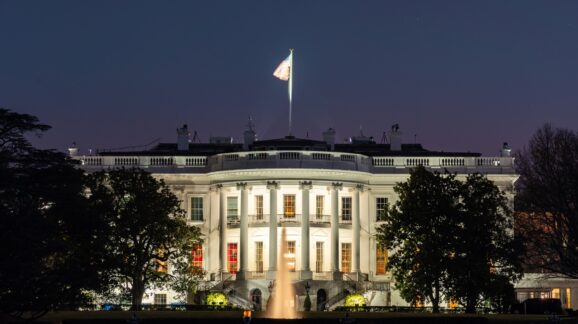Next BLS head needs be an innovator, not a loyalist

Photo Credit: Getty
President Trump nominated E.J. Antoni to head the Bureau of Labor Statistics (BLS) because he wanted someone to modernize and update the agency’s methodology. Antoni’s nomination was withdrawn Tuesday when it became apparent that he lacked enough support in the Senate to get out of committee. Some lawmakers reportedly feared that Antoni was too much of a Trump partisan to lead an agency whose data must be accurate and unimpeachable. Abruptly firing the previous head of BLS on the still-unproven accusation that the numbers were being rigged probably heightened the lawmakers’ concerns.
The lawmakers’ caution underscores how important BLS’s data is to the business community, which relies on its numbers for long-term planning and staffing. The business community needs reliable information from BLS to plan for the future, especially now given the uncertainty created by the administration’s own tariff policies. BLS’s next head must therefore be the type of boring, anonymous, data-obsessed nerd that has traditionally led the agency. Antoni’s nomination stalled because he couldn’t convince senators he was that type.
The administration is right, however, that BLS’s survey methodologies are long overdue for an overhaul. While there is no reason to believe that BLS’s numbers have been politicized, the sharp revisions of jobs numbers in recent years indicate that the BLS’s traditional survey methods have become increasingly outdated. BLS’s raw data still relies on mailed surveys to businesses, a practice dating back to the pre-Internet era. Declining response rates to those surveys have become a significant problem.
BLS’s monthly jobs numbers now regularly include adjustments in excess of 100,000 jobs to prior months’ reported results, thanks to late survey responses trickling in. On top of that, technological innovations like rideshare apps have created new categories of jobs where it is unclear how, or even if, BLS data accounts for them. There simply has to be a better, more innovative way to gather data.
Given the need for important and significant changes, the top job at BLS therefore needs to go to an economist committed to getting the data right the first time, who can withstand withering scrutiny and is not beholden to “That’s how we have always done it” thinking. It is a difficult, often thankless, job, and to find that person, the administration cannot make loyalty the most important factor.